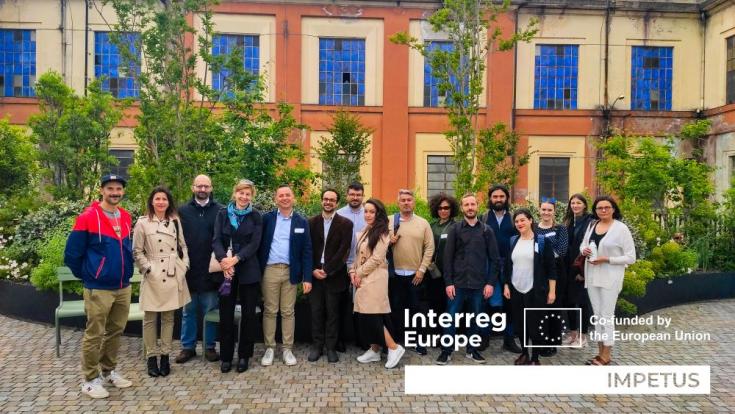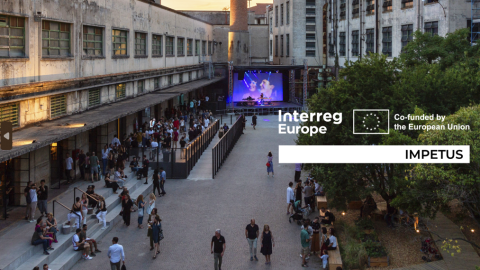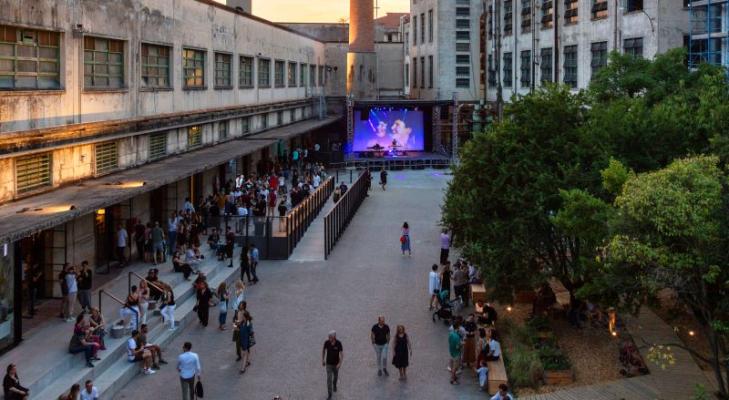Project summary
Across Europe, the trend of temporary utilisation of spaces is gaining momentum.
Empty buildings, vacant plots, and underused areas are increasingly being repurposed for co-creative experimentation, fostering a variety of innovative cultural, social, and entrepreneurial endeavors.
These initiatives often play a crucial role in creating shared public value and revitalising the social, cultural, and economic dynamics of urban areas, stimulating more flexible and agile approaches to urban development and ensuring long-term impact, as proved by their strategic adoption in urban regeneration projects.
However, temporary uses frequently face significant challenges, especially when they originate from civil society organisations and grassroots movements.
OUR AIM
We seek to address these policy challenges, positioning temporary uses as a key tool for integrated sustainable urban development (ISUD) strategies.
We aim to improve the way cities and regions design policies for sustainable development plans, taking into account temporary uses for abandoned or underutilised spaces to be regenerated.
HOW WE DO IT?
Partners exchange and learn from different policies by gathering and discussing good practices while connecting them with relevant experiences and models from other regional actors. This collaborative approach will improve the policy instruments identified by each partner and promote the adoption of temporary uses as a fundamental strategy for supporting a just transition at both local and European levels.
IMPETUS brings together local and regional authorities, their associations and development agencies from Italy, Spain, France, Poland, Romania, Latvia and Bosnia and Herzegovina.
Lead partner
Partners
- Bucharest-Ilfov Regional Development Agency (Romania)
- Métropole Européenne de Lille (MEL) (France)
- LAMA Società Cooperativa – Impresa Sociale (Italy)
- Riga City Council (Latvia)
- Mazowieckie Region (Poland)
- Municipal Parking Society of Las Palmas de Gran Canaria, S.A. (SAGULPA) (Spain)
- City of Sarajevo (Bosnia and Herzegovina)
Associated Policy Authorities
- Tuscany Region (Italy)
- Ayuntamiento de Las Palmas de Gran Canaria (Spain)


Find out more about our project!
Enjoy a short video presentation of IMPETUS.
